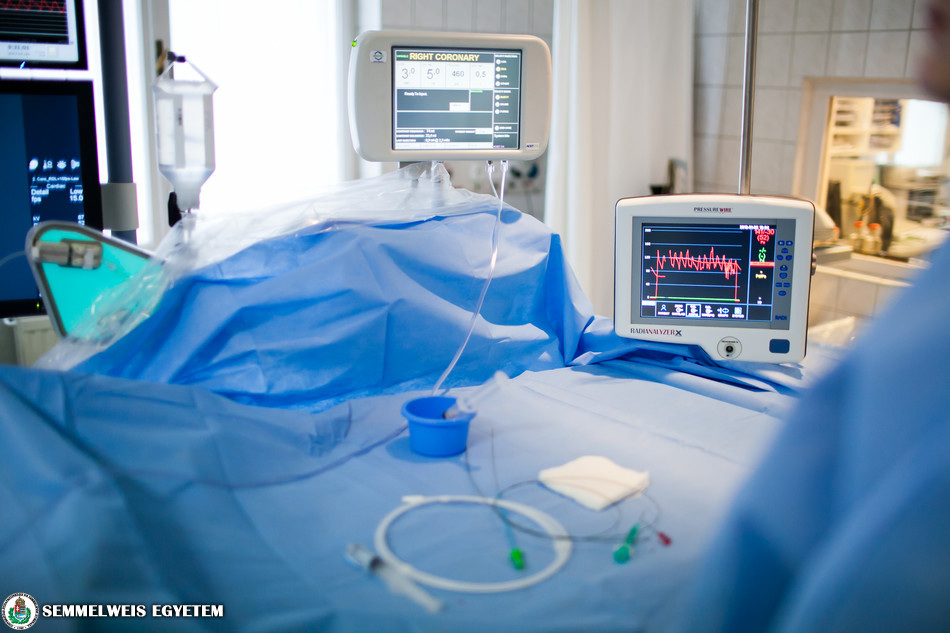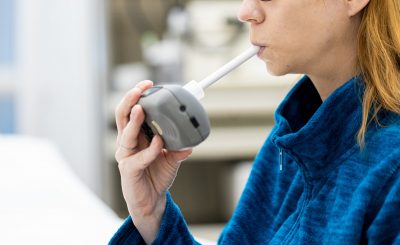One in two deaths in Hungary is caused by cardiovascular disease, with atherosclerosis being the most common. The disease can be prevented by conscious lifestyle choices. However, once it has developed and diagnosed, drugs containing statin can provide protection. These are used by nearly 7,000 patients but in 4-5% of the cases they have side-effects causing muscle pain. At Semmelweis University these patients are assisted by measuring statin levels to set up personalised medicine dosing. This solution may improve the quality of life of 25,000 – 35,000 people in Hungary.
Heart attack is a leading cause of death in Hungary despite a decrease in the number of cases by 60% in the past decade. 85-90 percent of myocardial infarctions are caused by blood clots made up of the tissue leaking from the plaque that builds up on the walls of the arteries. Dr. István Karádi, Deputy Director of Semmelweis University’s Department of Internal Medicine and Haematology explained how blood clots are formed and what can be done to prevent their building up on the vessel wall.
 “In addition to causing vasoconstriction, plaque becomes inflexible and vulnerable. This can lead to plaque rupture and the leakage of tissue that can cause the formation of blood clots and even death. Keeping blood pressure and glucose within normal physiological levels, maintaining a body weight close to the ideal and a Mediterranean diet can help prevent atherosclerosis. However, direct effect on the vessel wall can be made by statin therapy. With proper medication, the accumulation of plaque can be stopped and can even be reversed.”, he said.
“In addition to causing vasoconstriction, plaque becomes inflexible and vulnerable. This can lead to plaque rupture and the leakage of tissue that can cause the formation of blood clots and even death. Keeping blood pressure and glucose within normal physiological levels, maintaining a body weight close to the ideal and a Mediterranean diet can help prevent atherosclerosis. However, direct effect on the vessel wall can be made by statin therapy. With proper medication, the accumulation of plaque can be stopped and can even be reversed.”, he said.
In Hungary, 700,000 people take medication for atherosclerosis and in 4-5% of the cases the drug causes some kind of adverse effects, mainly muscle pain. The possibility to measure the statin level of these patients may improve their condition. Even if this is only a tool in patient care, it provides clinicians with information that enables them to make personalised decisions regarding therapy.
For a year and a half the plasma statin concentration has been detected by the combined use of liquid chromatography and mass spectrometry from a simple blood test. Later on, the drug dosage is modified based on the complaints of the patients if they have any.
“Personalised medicine is the future in this field as well. The procedure helps reach efficient statin levels, which can reduce side effects while maintaining protection against atherosclerosis.”, said Dr. István Karádi.
Photo: Attila Kovács – Semmelweis University


